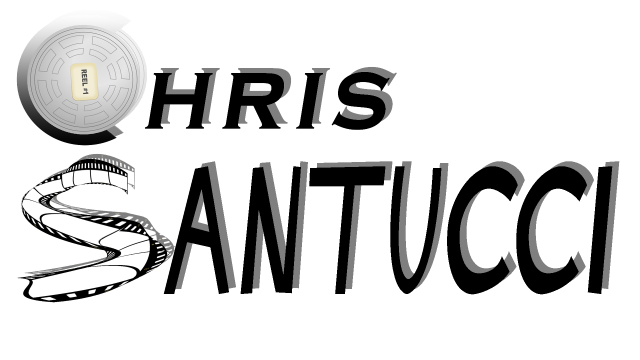In some ways, I don’t think we need a movie about Alfred Hitchcock, the master of suspense. There are so many good books and discussions about the man that I already feel like I know him. Despite his droll, stone-faced exterior, Alfred Hitchcock was inevitably an open-book. Unlike many of his contemporaries, Hitch spoke freely on how he perceived his career and his films. His personal life has been studied by countless critics and scholars; his childhood traumas and feelings regarding woman, especially maternal figures, has been dissected to the point that even he would have been surprised by their conclusions.
So, the new film, simply titled Hitchcock, has a lot to prove in order to overrule my initial fear that it will be little more than cable movie-of-the-week. It does have one hell of a cast.
Casting Anthony Hopkins as Hitchcock seems like a safe bet. Hopkins is an amazing A-lister whose starring credit might help entice casual audiences to see a biopic on a man who has been dead for over 30 years. In the photo above, there are some staggering similarities thanks to today’s amazing makeup effects.
Now if I were to cast my ultimate Hitchcock, I would have selected Michael Gambon (Dumbledore in the recent Harry Potters) in the title role. Gambon matches Hitchcock in both facial features and voice, and he’s an amazing actor in his own right. However, Hopkins has proven me wrong before. His starring performance in Oliver Stone’s 1995 film Nixon is as brilliant as his work was in Silence of the Lambs. He may not have resembled Richard Nixon, but he encompassed the soul of the man–as far as I could tell.
The rest of the cast of Hitchcock are all talented stars, but these choices seem to be based on recognition value more than anything else. The film is based on Stephen Rebello’s book, The Making of Psycho and naturally calls upon many recognizable supporting roles. Scarlett Johansson is Janet Leigh, Jessica Biel is Vera Miles, James D’Arcy is Anthony Perkins, and Helen Mirren plays Hitchcock’s wife, Alma.
I recently finished Rebello’s book, which was insightful, but I cannot wrap my mind around what form the movie version will take. Hitchcock made Psycho at the height of his popularity. It was a small gamble for Hitchcock; he used the crew from his television show and bankrolled the project himself. He forbade critics from viewing the film early and even initiated a strict campaign that prohibited audience admittance after the feature started. All of these caveats were unheard of in 1960, but this was Hitch’s way of ruining the movie’s secrets. The gimmick pissed off critics, but lured curious audiences in droves. The film was a huge smash, proving that Hitchcock could make a “small, B-picture”.
So why make a film about this stage in Hitchcock’s life?
There are some elements to be tackled. Hitchcock was never the darling of critics until it was too late. He never received an Oscar; his final nomination was for Psycho. If I made a film about Hitchcock during this period in his life, I would explore his disappointment in being under-appreciated. I would also probe deeply into the love of his life and the one critic whose opinion mattered–his wife and confidant (Mirren).
My primary reticence to a movie about Hitchcock is that Hitch is still such an iconic image that no actor, even Hopkins, can replicate the classic silhouette figure. I may not gain much from Hitchcock when it hits screens next year, but if it can entice younger audiences to watch Psycho, or other classics like Rear Window, Notorious, North By Northwest, then should I really care if Hopkins doesn’t sound pitch perfect when he welcomes audiences with a hearty “Good evening…”
Note: The Carolina Theatre in Durham will be showing some of Hitch’s finest for two weeks (May 18-31). If you are in the area, please come out. The Alfred Hitchcock Retrospective

